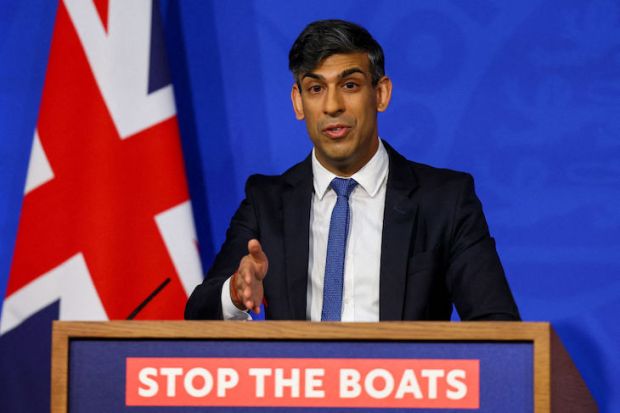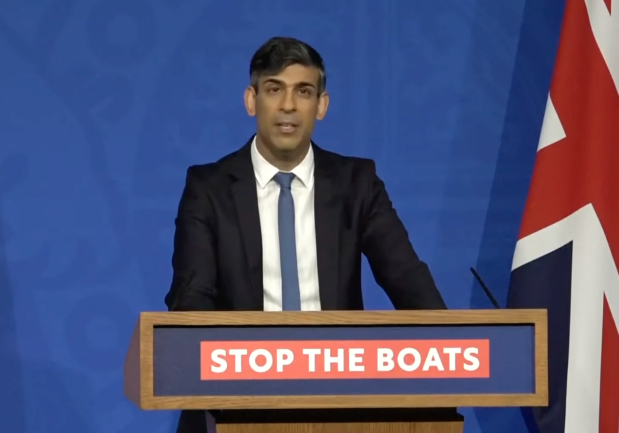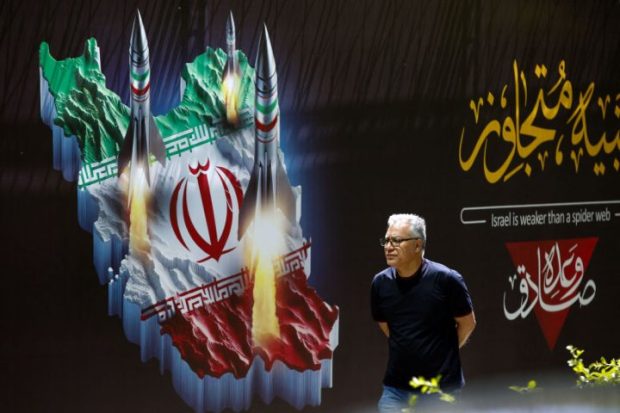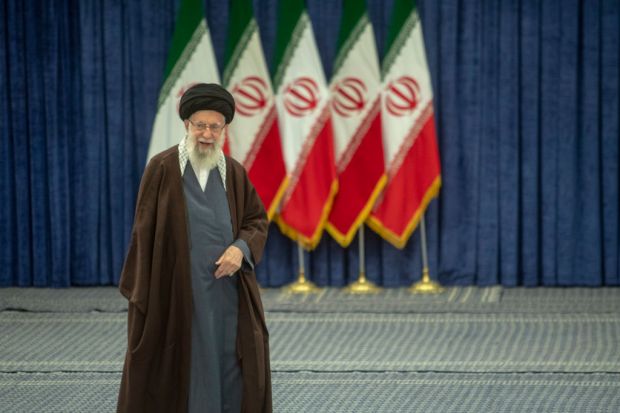Planting trees is not usually a controversial activity, especially in the eco-conscious twenty-first century. But as ever, the rules are different where Israel is concerned, and government sanctioned forestation is currently threatening to tear apart the country’s delicately balanced coalition government.
As is often the case in the region, the problem lies in competing claims over who owns the land where the trees are being planted. Bedouins in Israel’s southern Negev region insist that the Jewish National Fund (JNF) is planting trees in their land, whereas the state claims ownership of the same territory.
There was a time when the iconic JNF charity box could be found in many a Jewish diaspora home. Jews outside Israel have long given money to the fund, often to support the planting of trees in the holy land to mark birthdays, anniversaries and Barmitzvahs. Indeed, Israel is one of the only nations in the world that entered the current century with more trees than it had in the last.
Yet tree planting has become the latest problem for Israel’s broad coalition government. Prime minister Naftali Bennett presides over a coalition which includes the far left, centrists, his own right wing party and for the first time in the Jewish state’s history, an Arab Islamic party, Ra’am.
Party leader Mansour Abbas made history by helping to form the coalition. He did so out of a belief that Arab parties being in perpetual opposition had not benefited their voters. Instead he decided to work even with his political enemies, to give representation to some of the country’s poorest and most neglected citizens. Though he is from the northern village of Maghar, the majority of Abba’s party’s voters are Bedouin.
Israel’s Bedouin minority have lived in unrecognised settlements in the southern Negev region of the country for many years. Under Bedouin law and practice, they claim ownership over a piece of land if their grandfather, father and son have used it. This means that Bedouin settlements are scattered and spread out over hundreds of square miles of land. Previous attempts to consolidate Bedouin settlements into cities authorised by the state have failed, partly because they ignored existing Bedouin claims of ownership, and partly because they attempted to urbanise a community which is traditionally nomadic and agricultural. All of this presents a problem for a country of under 14,000 square miles.
Like some unauthorised West Bank Jewish outposts, many Bedouin settlements have for years sought recognition and the supply of utilities, water and electricity. Previous discussions to recognise certain Bedouin towns during Binyamin Netanyahu’s time as prime minister were thwarted by the insistence of some cabinet members that Jewish Settlements must also be recognised in return.
Now, what’s happening in the Negev is threatening the coalition. Violence has erupted, with protestors against the tree planting throwing rocks at cars on the area’s main roads and other cars being set alight. This week, a train outside Beersheba was forced to make an emergency stop because rocks were blocking the track. On Wednesday, 11 people were arrested as dozens more clashed with police.
Ra’am is against any tree planting at all, while some on the right want to press ahead regardless. Netanyahu’s opposition Likud party even reportedly sent a delegation to physically take part, capitalising on the coalition’s rift. Meanwhile Ra’am decided to boycott the Knesset votes until the planting of the Negev was stopped, allowing the opposition to pass five different laws, albeit only in their preliminary readings. But more important votes are just around the corner, for example on drafting Yeshiva students, and Ra’am could choose to withdraw its votes and potentially collapse the coalition.
It’s unlikely, however, that anyone in the coalition will allow that to happen; there’s no appetite for another election right now, especially not one triggered by tree planting. Ra’am is too invested in pushing its agenda to bridge the gaps between Arabs and Jews, with money now being dedicated to that end. The other coalition parties, too, don’t want to lose power, nor to embolden their shared foe Netanyahu.
They will need to work to find a compromise. Just as this coalition is neither likely to annex any of the West Bank nor to make peace with the Palestinians, it is unlikely to resolve one way or the other the decades old tensions between the Negev Bedouins and the state. Naftali Bennett needs to restore harmony to the coalition; this latest flare up demonstrates what a tall order that is. Another temporary compromise may be the best he can hope for.
Got something to add? Join the discussion and comment below.
Get 10 issues for just $10
Subscribe to The Spectator Australia today for the next 10 magazine issues, plus full online access, for just $10.




















Comments
Don't miss out
Join the conversation with other Spectator Australia readers. Subscribe to leave a comment.
SUBSCRIBEAlready a subscriber? Log in